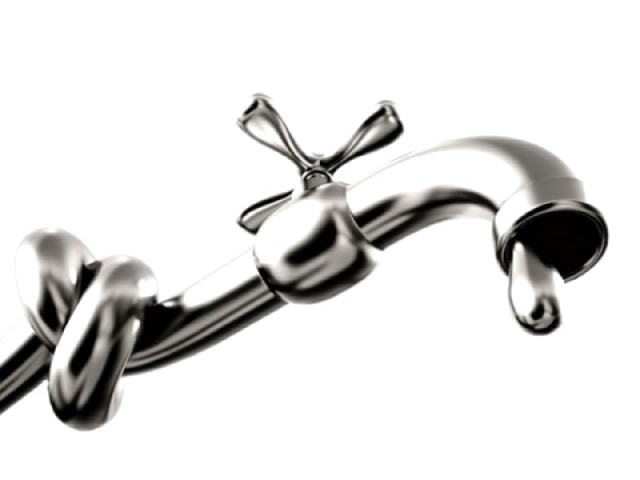Necessity of life: Hyderabad sinks further into water crisis
NDP 2009, was aimed to ensure provision of safe drinking water to all but unfortunately the situation worsened

It does not matter that Hyderabad is surrounded by water from all sides. When it comes to the supply of water to households, scarcity and impurity remain the two most common complaints of citizens. The disposal of waste water is also as much of a problem.
The Human Rights Commission of Pakistan organised a consultative dialogue titled 'Impact of Water Supply and Sanitation on Citizens' on Saturday to highlight the city's pressing issue.
The HRCP's Syed Jamilur Rehman said that the National Drinking Water Policy, 2009, set down a road map to provide safe drinking water at an affordable cost to all citizens. Increasing access to drinking water in the areas deprived of it and decreasing water-caused mortality and morbidity were its primary objectives.
Under the policy, the federal, provincial and district governments were supposed to devise development plans and ensure development accordingly. "But what we have witnessed in Hyderabad and many other cities is a degradation of the water supply service in comparison to what existed in 2009."
Hyderabad's population, which has shown a rapid surge due to rural influx, is estimated to be between 2.5 to three million people. The water filtration facilities are, however, equipped to supply water to hardly around two thirds of the population. But the city's five filtration plants mostly compromise on water quality to meet the demand of 75 to 80 million gallons per day against their capacity that is almost half of the demand.
"If you go and have a look at the condition of these plants, you will perhaps stop drinking water," said the former head of Hyderabad Municipal Corporation (HMC), Syed Barkat Rizvi. He admitted that the performance of the Water and Sanitation Agency and the municipal administration have deteriorated alarmingly.
Rizvi said that besides the shortcomings in the performance of Wasa, the agency faced a genuine problem of finances. "The provincial government has stopped subsidising and the public and private consumers don't pay the water bills. [In such a situation] do we expect Wasa officials to pay from their pockets?" he asked.
According to Wasa's finance director, Mohsin Zafar, their expenses are around Rs50 million a month, including Rs38 million for salaries. The monthly billing is around Rs90 million, which includes Rs50 million from the domestic consumers and Rs25 million from the Sindh government's various departments. The recovery each month is, however, limited to only between Rs20 to Rs25 million.
"We can't even pay the salaries regularly. How are we expected to bear the filtration, maintenance and development expenditures?" he asked. He said that Wasa keeps requesting the government to provide them alum and chlorine, which cost about Rs100,000 per day, for filtration from its funds but to no avail.
Dr Tanveer Shaikh of the Sindh Health Organisation said that the water quality of Wasa's filtration plants was not different from the raw water that flows in the river. "The agency knows that they are supplying impure water but they try to justify their act by citing their low revenues." The citizens spend millions of rupees each month to buy drinking water and on water tankers for domestic use.
Wasa's managing director Saleemuddin Qureshi said that the situation could not change until the agency was made financially self-sufficient and citizens took up their responsibility as well. "The water supply and drainage system has degenerated into a chaotic mess. While we can be blamed for everything, the government organs that authorise construction of ill-planned residential and commercial localities, citizens who dig up ground to steal water, those who use sub-standard pipes, don't pay water bills and the ones who throw garbage over the roads are equally responsible."
Published in The Express Tribune, June 29th, 2014.



















COMMENTS
Comments are moderated and generally will be posted if they are on-topic and not abusive.
For more information, please see our Comments FAQ